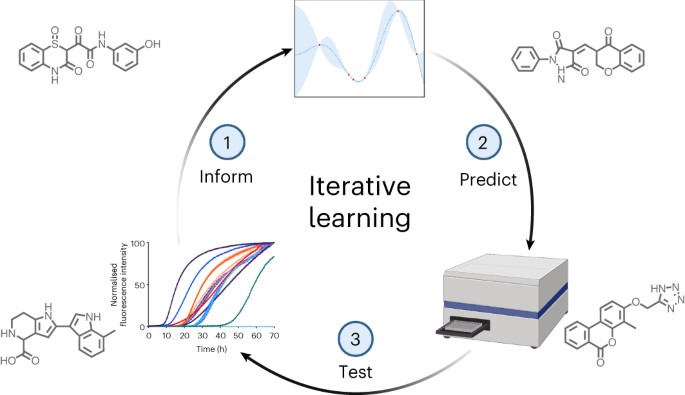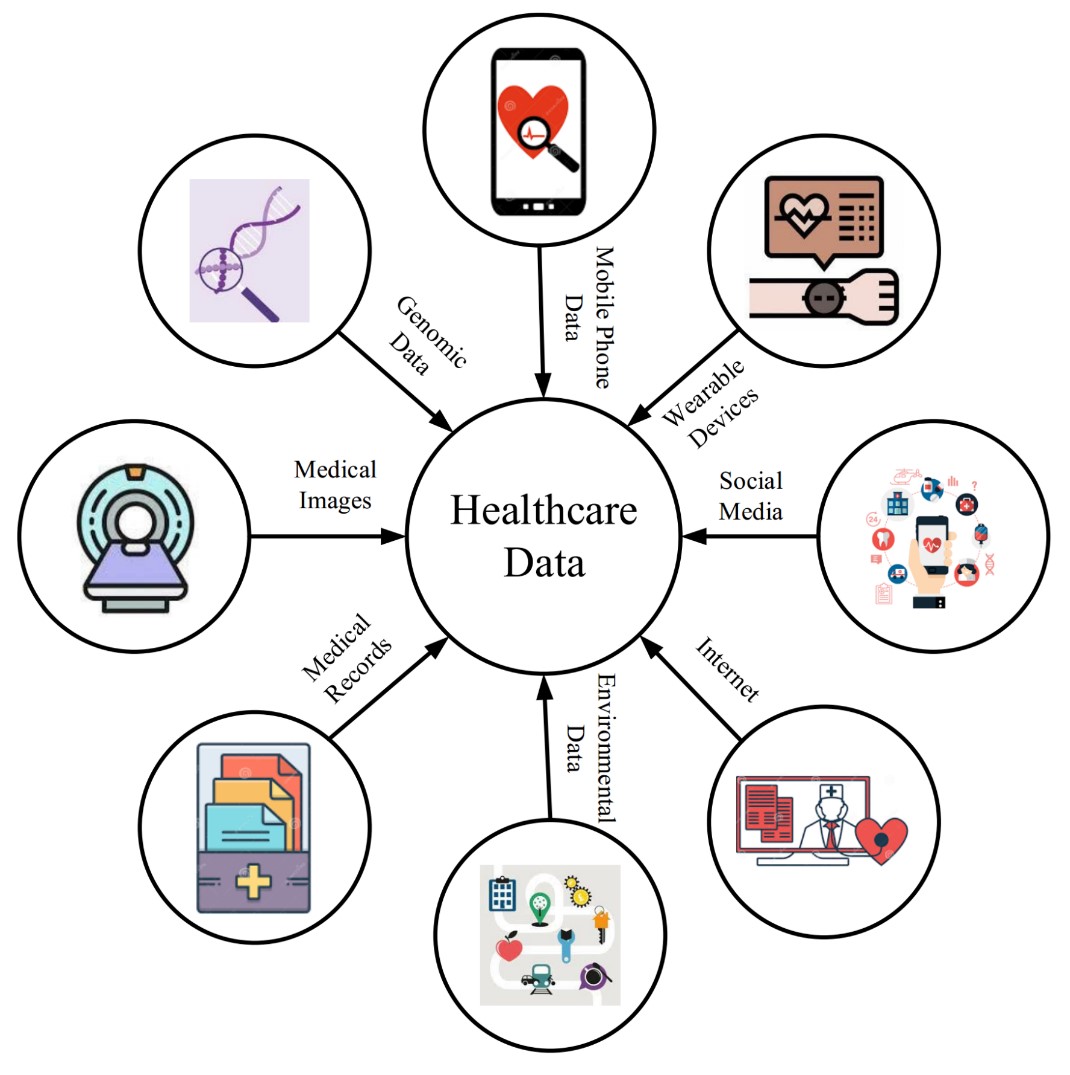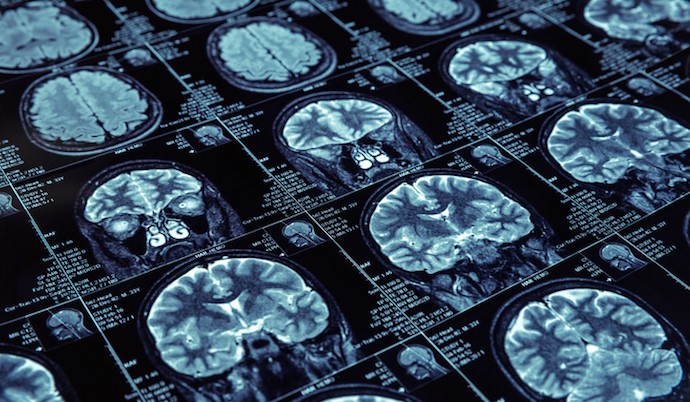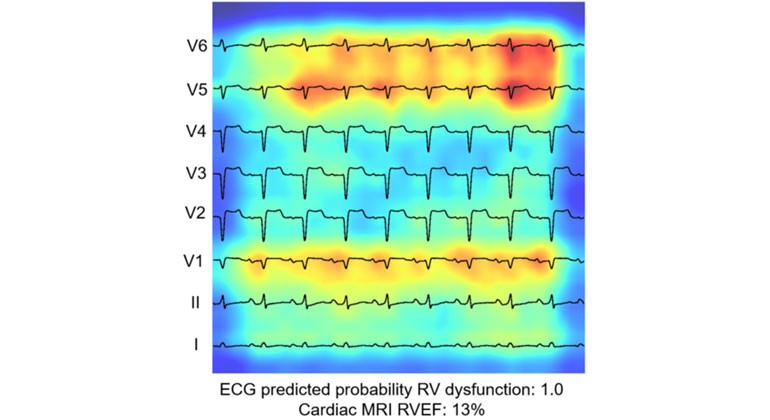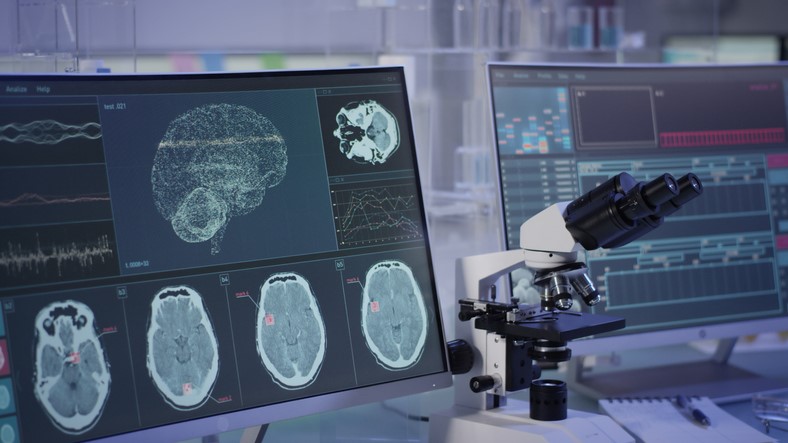Advancements in AI for Eye Healthcare
A recent study led by the University of Cambridge reveals that GPT-4, a cutting-edge large language model, demonstrates clinical knowledge and reasoning skills comparable to specialist eye doctors. The research, which tested GPT-4 against doctors at various career stages, highlights its significant performance advantage over unspecialized junior doctors. While GPT-4 achieved similar scores to trainee and expert eye doctors, it notably outperformed them in certain instances.
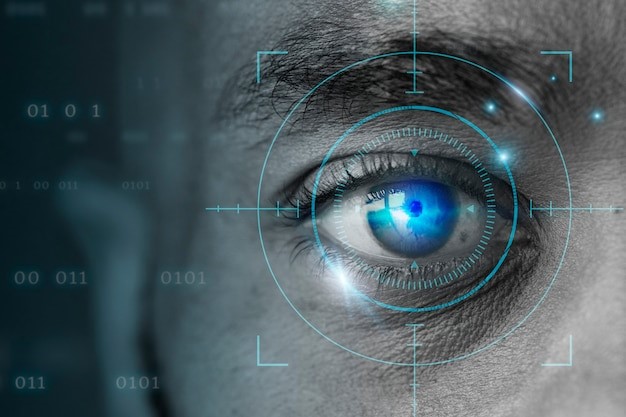
Figure 1. AI for eye healthcare.
Potential for AI Integration in Eye Healthcare
Figure 1 is an illustration of AI for eye healthcare. The findings suggest that while large language models like GPT-4 won't replace healthcare professionals, they could enhance healthcare delivery, especially in scenarios like triaging patients with eye issues. Dr. Arun Thirunavukarasu, the lead author of the study, emphasizes the potential for AI to assist in diagnosing and managing eye-related conditions, particularly in cases where specialist care access is limited.
Utilizing AI in Clinical Workflow
With further development, large language models could aid in triage decisions, ensuring patients receive timely care based on the severity of their condition. Moreover, AI could provide valuable support to general practitioners by offering prompt advice on complex eye issues. The study underscores the importance of integrating AI into clinical workflows to improve patient outcomes and address the growing demand for eye care services.
Comparing AI to Practicing Doctors
Unlike previous studies that focused solely on comparing AI to examination results, this research directly evaluated AI against the knowledge and skills of practicing doctors. By doing so, it provides a more accurate assessment of AI's capabilities in real-world clinical scenarios.
Empowering Patients in Decision-Making
While AI continues to advance, the ultimate responsibility for patient care remains with doctors. The study emphasizes the importance of empowering patients to make informed decisions about incorporating AI into their healthcare journey.
Looking Ahead
As the field of AI rapidly evolves, newer models with even greater capabilities may emerge. The study serves as a testament to the potential of large language models in revolutionizing healthcare delivery, particularly in specialized fields like ophthalmology.
Source: University of Cambridge
References:
- https://journals.plos.org/digitalhealth/article?id=10.1371/journal.pdig.0000341
- https://cybernews.com/news/gpt-4-eye-doctor/
Cite this article:
Hana M (2024), Advancements in AI for Eye Healthcare, AnaTechMaz, pp. 380





